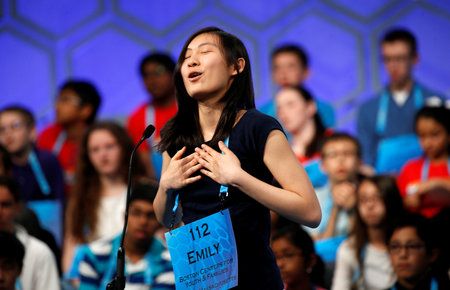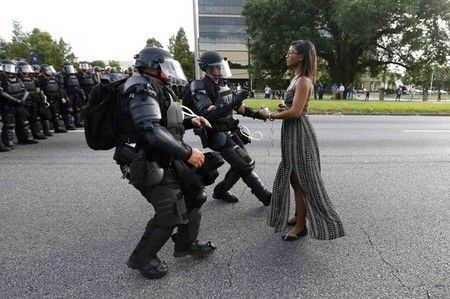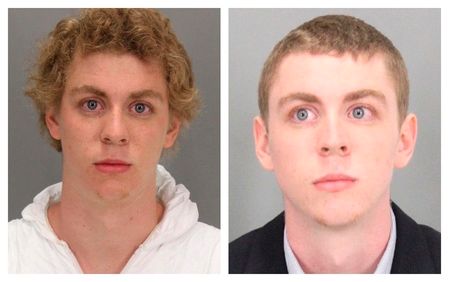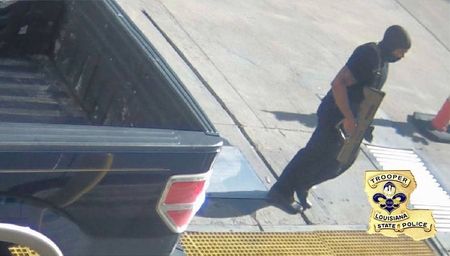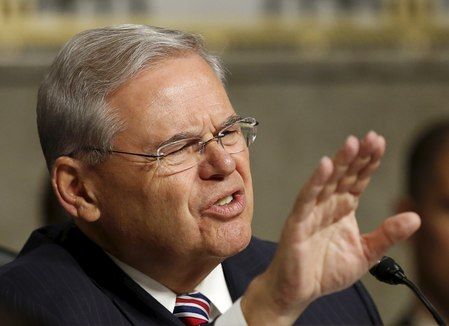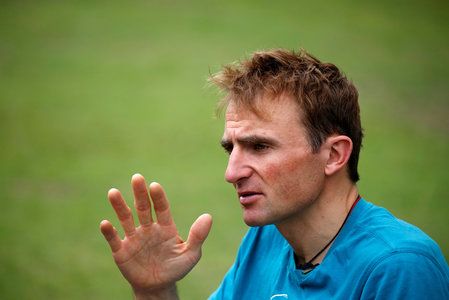Advertisement
Orlando shooting survivors mourn friends, recall traumatic night
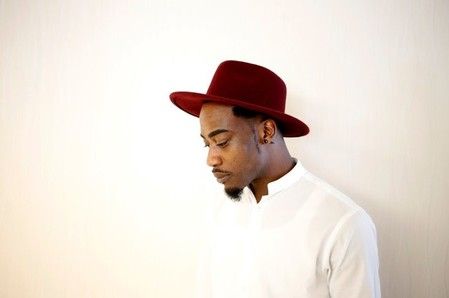
By Julia Harte and Bernie Woodall
ORLANDO, Fla. (Reuters) – Best friends Demetrice Naulings and Eddie Justice often walked together hand in hand, as if they were a couple, although Naulings says he always thought of Justice as being more like his kid brother.
The last time they clasped hands was shortly after 2 a.m. on Sunday inside Pulse, the gay nightclub in Orlando, Florida, where the worst mass shooting in U.S. history was beginning to unfold.
Justice, 30, begged Naulings, 34, to take care of him as the two fled a bathroom in the nightclub amid a hail of bullets fired by a lone gunman, Omar Mateen, in what became a three-hour rampage ending with the suspect slain by police. But somewhere in the melee, the best friends lost their grip on each other.
“When you tell your friend that you’re gonna take care of him, and then to walk out of there and he’s not with you, is something that’s going to hurt and haunt,” Naulings told Reuters in an interview on Tuesday.
“You remember that face that he gave you, that face that said: ‘Don’t let go. If you make it, make sure I make it too.'”
Two days after the shooting left 49 of Mateen’s victims dead and 53 others wounded, survivors recalled the night’s trauma in conversations and media events around Orlando as law enforcement officials investigated the crime.
A number of survivors recounted the bewilderment, even a sense of betrayal, at being caught up in unfathomable carnage and terror inside a venue they had presumed to be a welcoming refuge for Orlando’s lesbian, gay, bisexual and transgender community.
One account offered fresh insight into possible motivations of the gunman, a New York-born security guard of Afghan descent who authorities say appeared to have been nursing sympathies for a number of Islamist militant groups.
Patience Carter, 20, said she heard Mateen pause during the shooting to place an emergency 911 call and pledge allegiance to Islamic State over his cellphone. At that moment, she lay huddled in the club’s blood-soaked bathroom, shot in the leg and pinned under other people around her, she told reporters at Florida Hospital Orlando on Tuesday.
After Mateen got off the phone, according to Carter, he wondered aloud how many black people there were in the bathroom.
“He made a statement saying it wasn’t about black people … he said the reason why he was doing this is that he wanted America to stop bombing his country,” Carter said.
‘SAFE HAVEN’
Carter said she had arrived in Orlando the previous night from Philadelphia, on her first trip to Florida. A friend found Pulse through a Google search for popular nightclubs, but two hours after arriving at the club, they ended up cowering on the bathroom floor, desperate to survive.
Angel Santiago, 32, also from Philadelphia, told reporters at the same news conference that he went to Pulse about 12:30 a.m. on Sunday with a friend because they were looking for a “safe zone” in an otherwise unfamiliar city.
“For me being a gay man going to a club like Pulse, it’s kind of like a safe haven, because you can’t go to any old bar and be who you are, because there is hate everywhere,” Santiago said.
Nearly 24 hours after he escaped the club, Naulings would learn that Justice was not among the shooting survivors. In death, Naulings said, his best friend had become an immortal piece of American LGBT history.
“Your children, my children, my grandkids, my nieces’ and nephews’ grandkids, they will remember Orlando. They will remember that Saturday night at Pulse,” Naulings said.
(Additional reporting by Yara Bayoumy in Washington; Editing by Steve Gorman and Peter Cooney)









